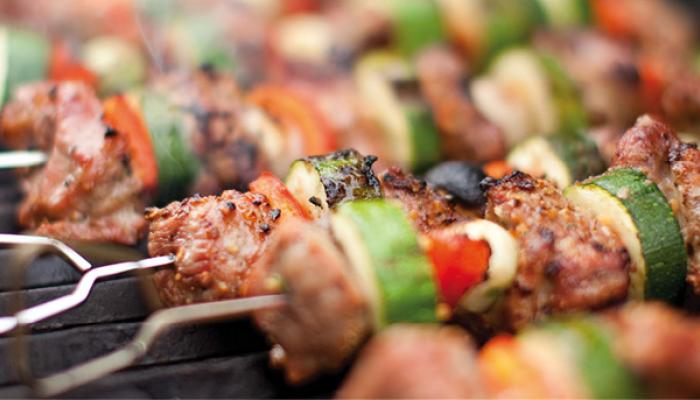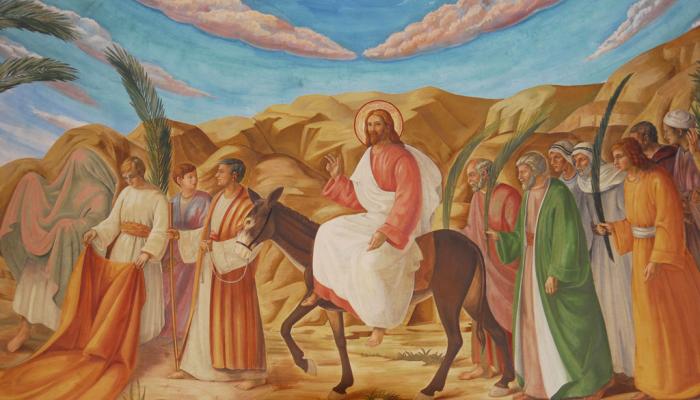
3.19 Muslims and Jews do not eat pork. What about Catholics?
The Old Testament stated that pigs are unclean (or impure) and therefore should not be eaten (Lev. 11:7) Lev. 11:7: The swine, because it parts the hoof and is cloven-footed but does not chew the cud, is unclean to you.. However, Jesus said that Christians can eat everything (Mk. 7:18-19) Mk. 7:18-19: He said to them, “Then are you also without understanding? Do you not see that whatever goes into a man from outside cannot defile him, since it enters, not his heart but his stomach, and so passes on?” Thus he declared all foods clean., although gluttony or greed should be avoided. There are days of abstinence, when Catholics generally refrain from eating meat. Ash Wednesday and Good Friday are examples of such mandatory abstinence days.
In order to live consciously with God, it is helpful to eat and drink less from time to time. This is called fasting. We do this especially during the forty days before Easter. In this way we remind ourselves and show the world that God’s love, rather than food and drink, is the most important thing in life.
What are the “Five Precepts of the Church”?
- You shall attend Mass on Sunday and holy days of obligation and abstain from work or activities that offend against the character of the day.
- You shall receive the sacrament of Penance at least once a year.
- You shall receive the Eucharist at least during the Easter season.
- You shall observe the prescribed seasons of fasting and days of abstinence (Ash Wednesday and Good Friday).
- You shall contribute to the material support of the Church.
[Youcat 345]
St Gregory the Great recalled in his Pastoral Rule that fasting is sanctified by the virtues that go with it, especially by charity, by every act of generosity, giving to the poor and needy the equivalent of something we ourselves have given up (cf. 19, 10-11)... St Augustine said that fasting and almsgiving are “the two wings of prayer” which enable it to gain momentum and more easily reach even to God. [Pope Benedict, General Audience, 9 Mar. 2011]





